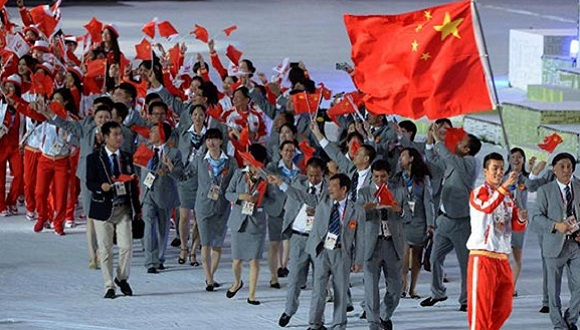The 2015 Summer Universiade, which was held in Gwangju, South Korea, drew to a close on Tuesday. China’s college players had remarkably good performances in this event with 34 gold medals, 22 silver medals and 16 bronze medals, marked China the third place after South Korea and Russia on the table.
However, it is the outcome of developmental sports reforms in colleges and universities rather than the number of medals that is reflecting most of presences of China’s college sports, or university sports. Implemented in 2005, a campaign led by China’s Ministry of Education to bring more collegiate students to Universiade events became the turning point in the course of China’s college sports. During the time slot The Federation of University Sports of China (FUSC), established in 1998, has played an important part in promoting various college sports events.
The FUSC has been tied closely with university sports in the approximate last two decades, but the organization did face financial challenges with limited sponsorship deals at the early stages. As it grew, with more enthusiasm for sports on campuses, more sponsors realized the importance of sports events or sports leagues among college students. In a result, the FUSC has secured over 30 deals with sponsors up to date.
Apart from the commercial deals, the FUSC claim that they are in need for governmental supports to back up the operations of a range of sporting competitions. More specifically, the FUSC hope governmental funds will give a lift to those participants in certain events.
Additionally, shortage in number and quality of PE teachers or trainers has really set drawbacks for the development of college sports. A number of retired athletes, who are supposed to be strong candidates for those positions, could possibly be denied due to failures in getting teacher certifications or diplomas. Therefore a huge gap still lies upfront between the level of China’s college sports and the reinforcement of professional trainers. If new approaches, which include adopting new evaluation system when recruiting collegiate trainers, were taken, it would also provide solutions for employment issues among retired professional athletes.
But overall, China’s development of sport is still undergoing reforms and struggles, which also means there would be decent marketing opportunities yet to come.
